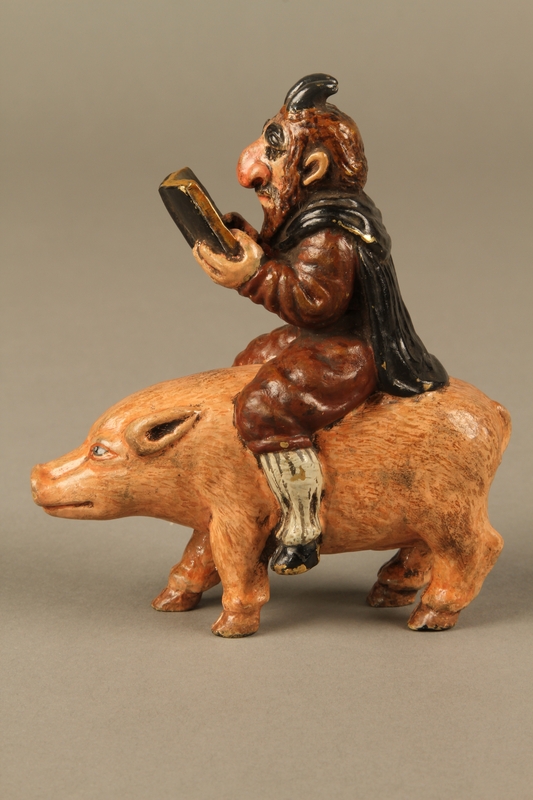
As a fairly well known Israeli historian, I’ve visited some thirty-five different countries around the world and spent a not inconsiderable part of my life abroad. It may have been luck, it may have been naiveté; it may have been the fact that my last visit (to Germany) took place as long as three months ago. But never in all those years did I encounter antisemitism. At any rate not of the overt kind that is deliberately and unapologetically thrown into your face. Wherever we went my wife and I made gentile friends. Good friends.
More than once in Western Europe in particular we got into a conversation with people of Arabic nationality. Without exception, they asked my wife and me where we were from. Without exception, they were polite and welcoming. One, a kiosk owner in Metz, eastern France, told us how wonderful it was to meet Israelis in his nice, but remote and oh-so boring, town. Another, a young man from East Jerusalem who was studying medical technology in Berlin and working for Ikea to earn some money, went out of his way to get us a free meal ticket at the shop restaurant. The least pleasant encounter was one I had with a Palestinian taxi driver in Copenhagen. He gave me to understand, repeatedly, that he and his people would never-ever give up “their” right to “their” country. Yet even so we found common ground in denouncing those holier-than-thou Danes.
Still I want to tell you a story. Just one trivial story with no consequences and presumably long forgotten by everyone except myself. Yet one that, in view of recent events here in Israel, seems more relevant than ever. It took place back in the summer of 1981 when I was on sabbatical and living near Freiburg in southwestern Germany. One day my daughter, nine years old, needed her ear to be operated on. I fell into a conversation with the surgeon, Dr. Kuhn of the local university clinic.
These were the days immediately following the attack in which the Israeli Air Force demolished Iraq’s nuclear reactor, then under construction. The good doctor asked me why I was staying in Israel. So much trouble, he said; so many wars. Strange question, that, coming from a German! But that was not what I said. Instead I told him the story of the Jewish swine. Suppose, I said, I had the same operation done in Israel and then refused to pay my bill. In that case people would have called me a swine. However, had I done the same anywhere else, they would have called me a Jewish swine.
“You are right” he said.
